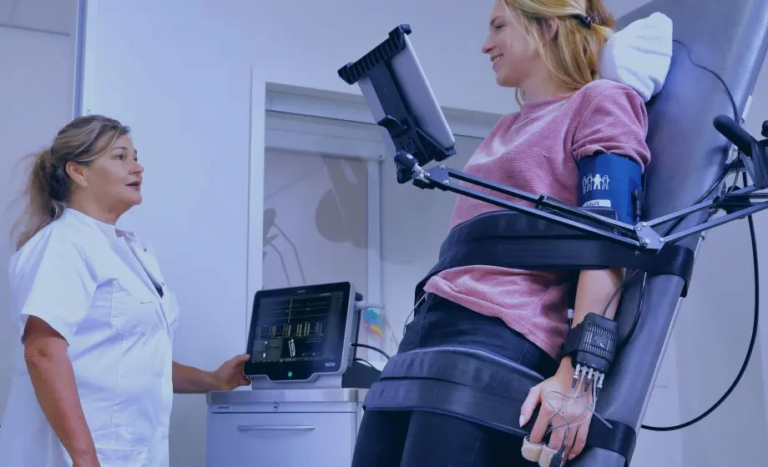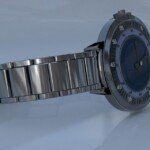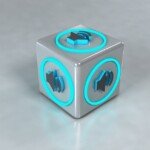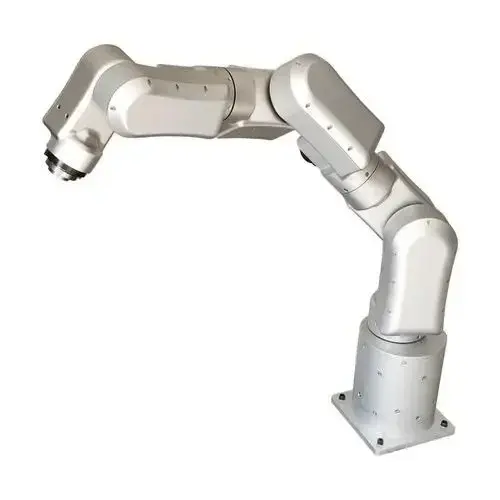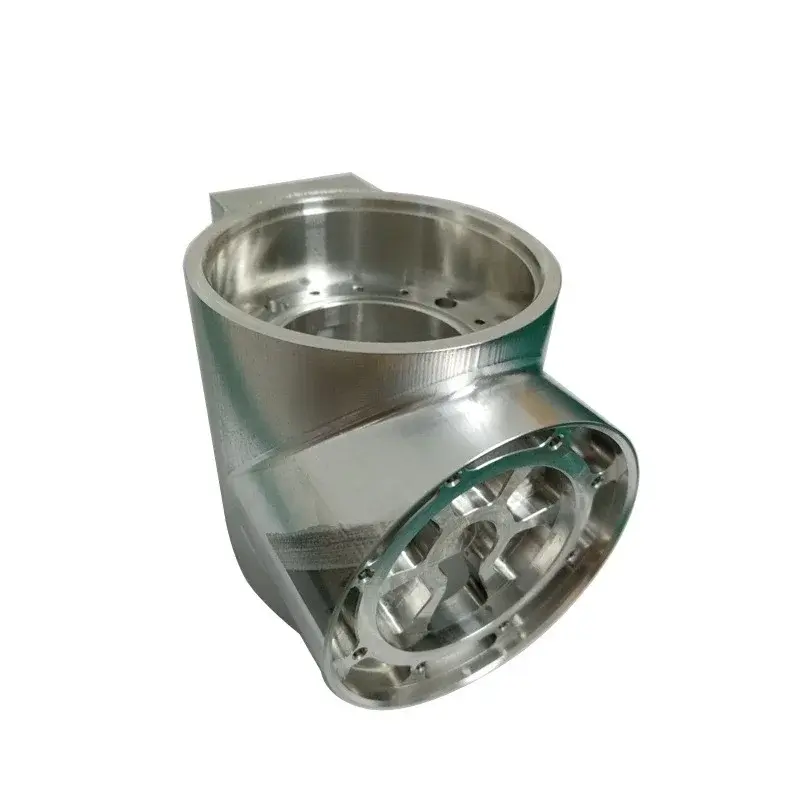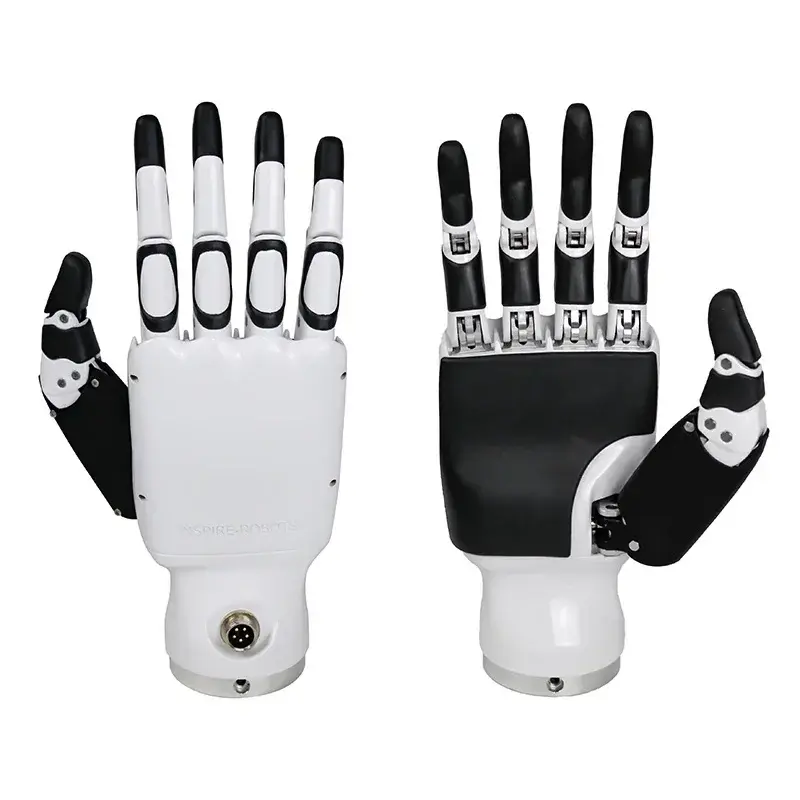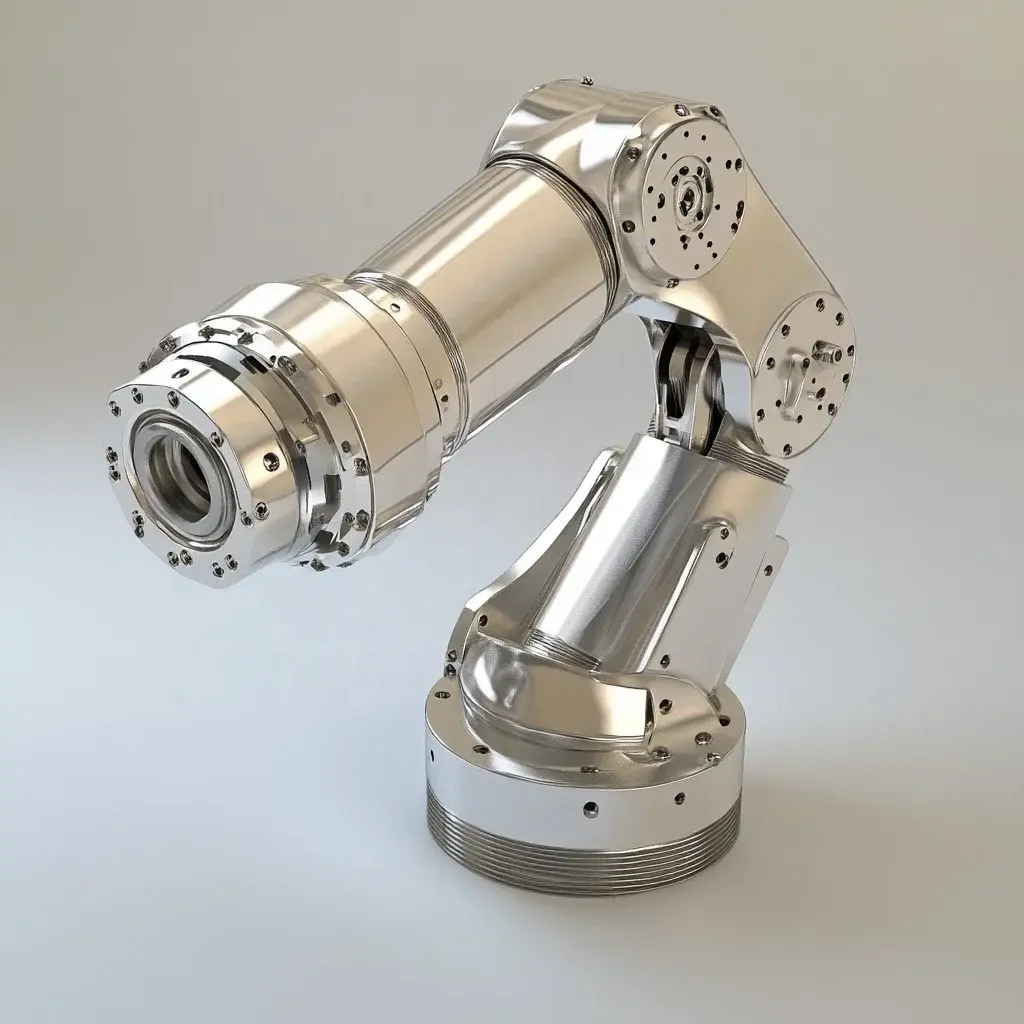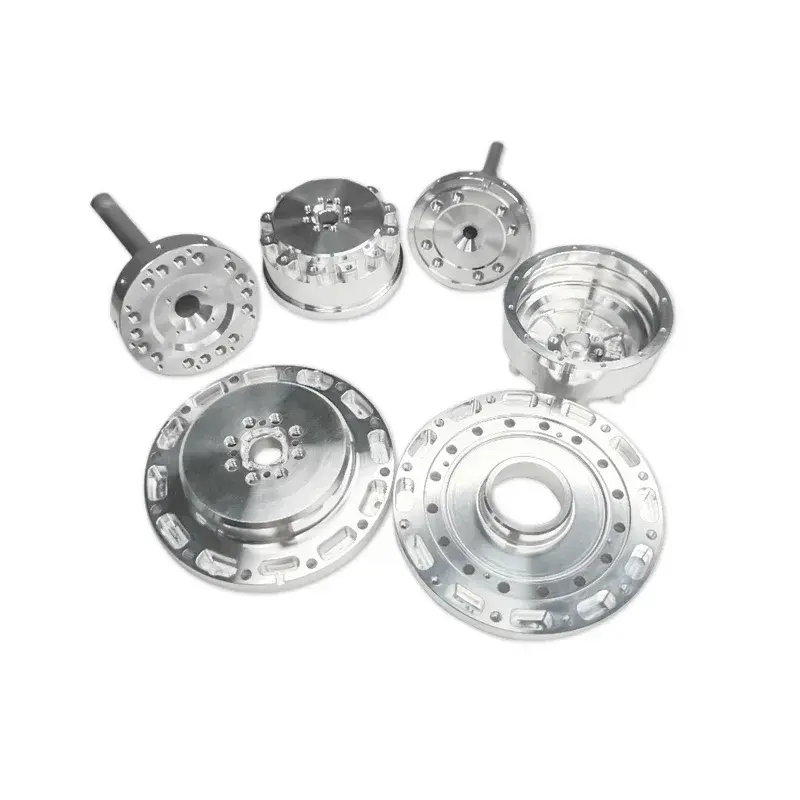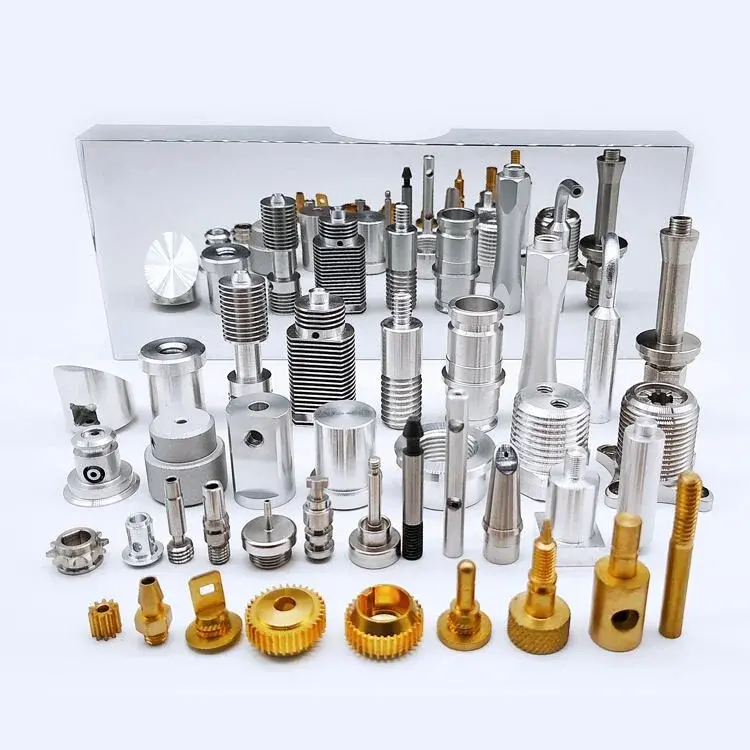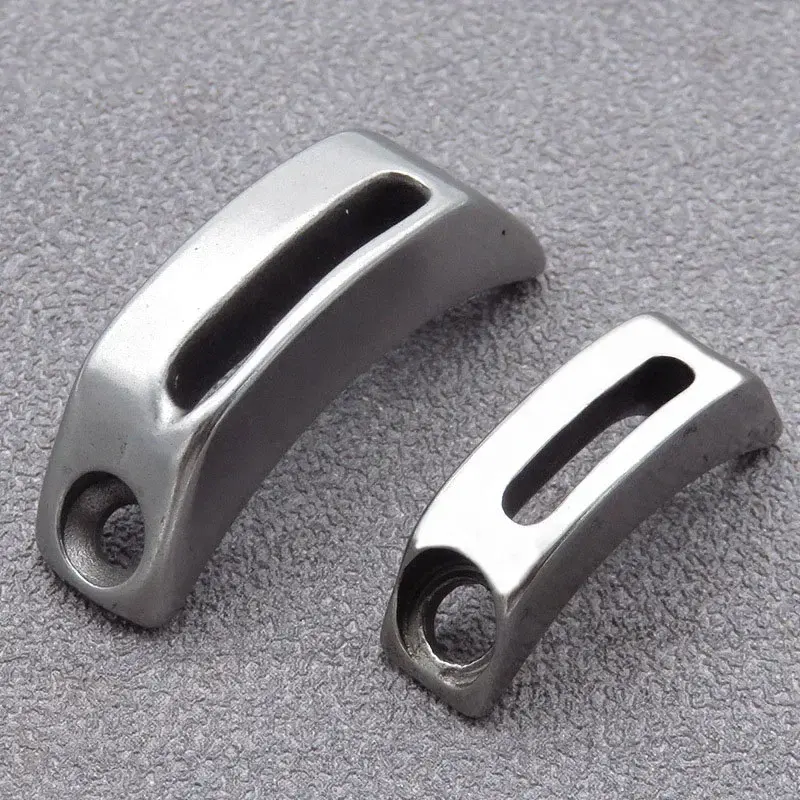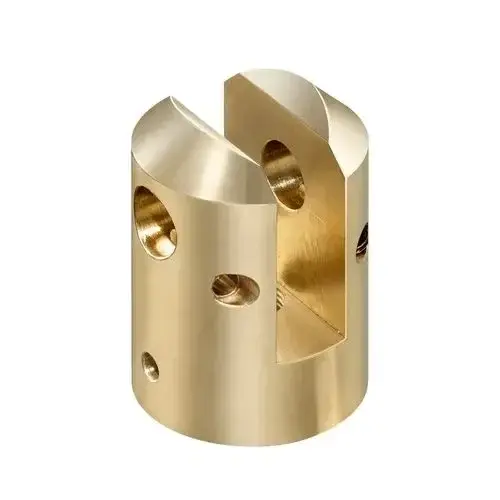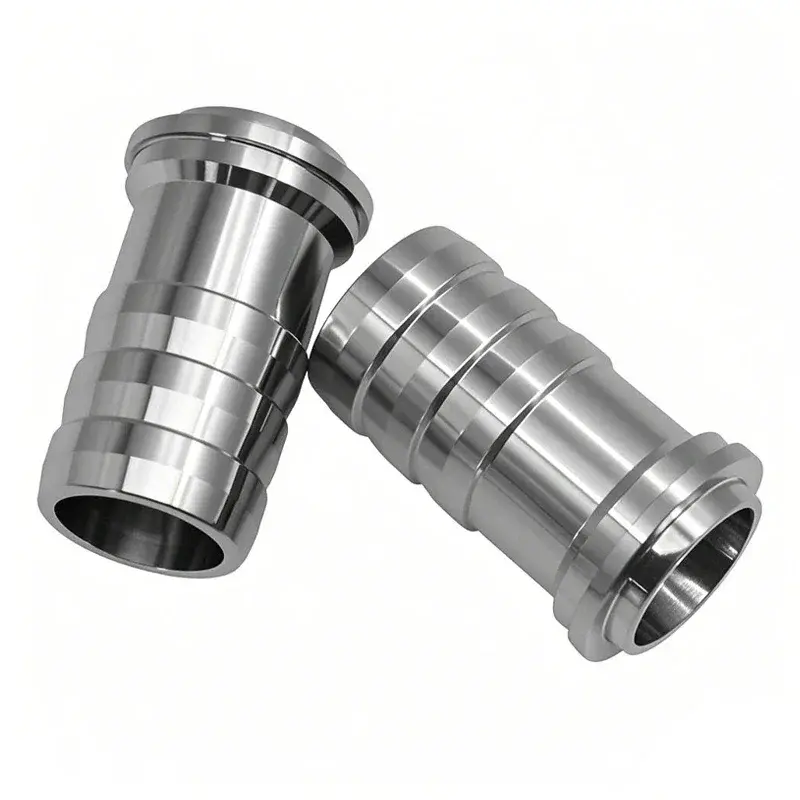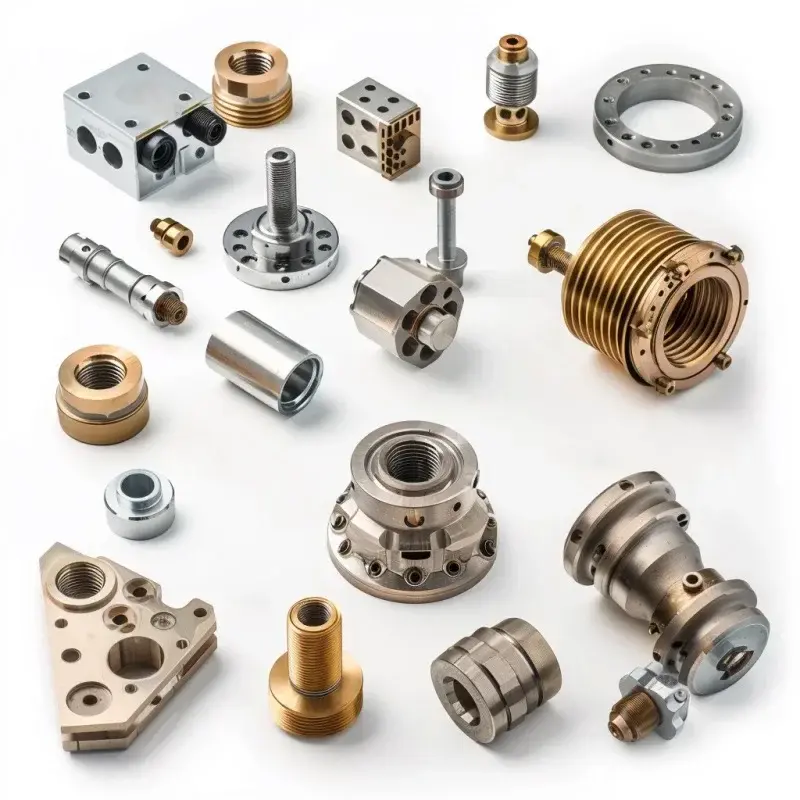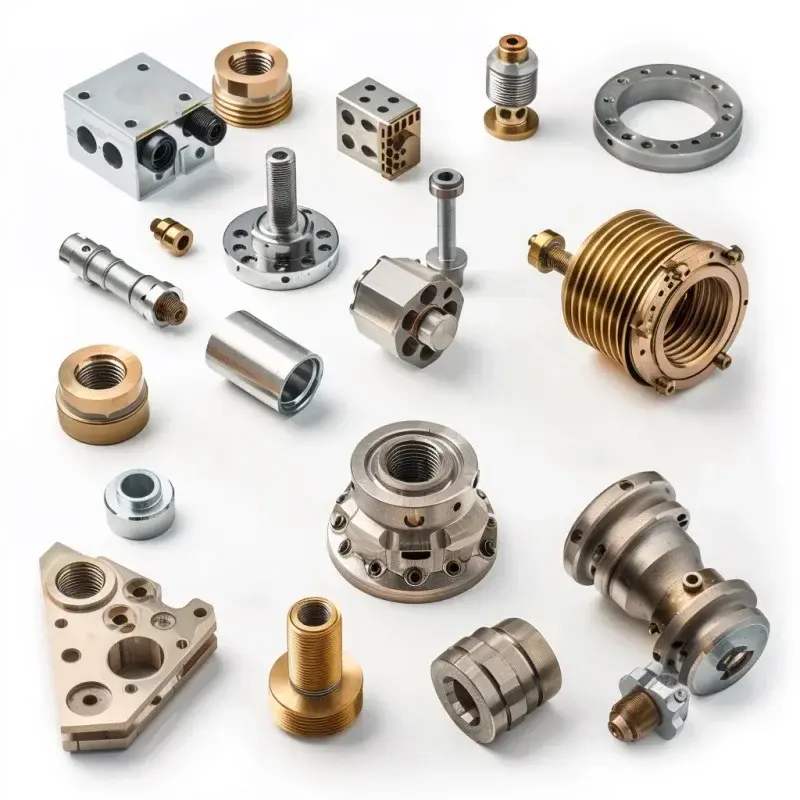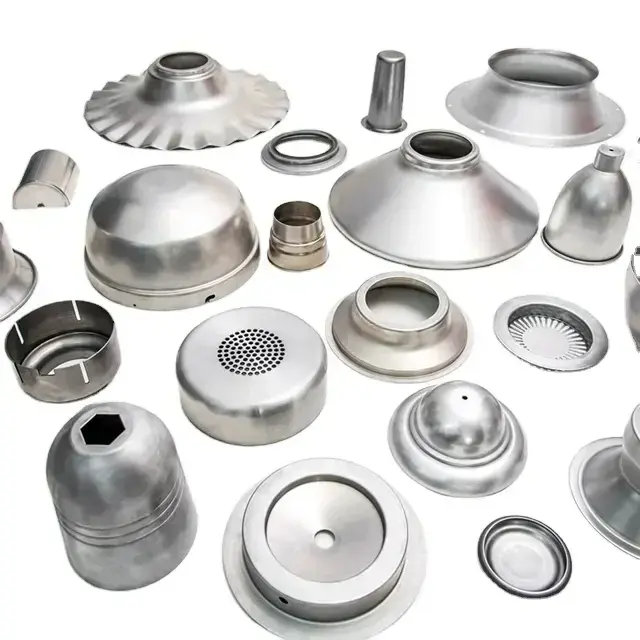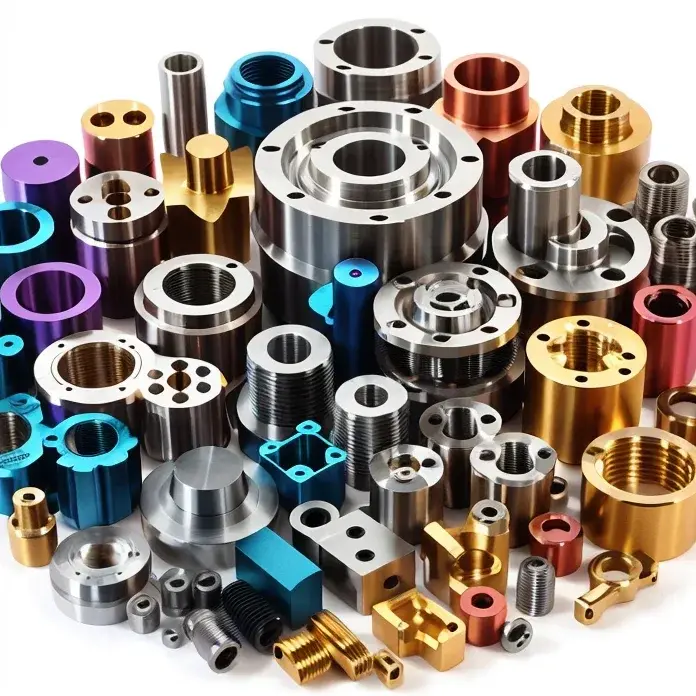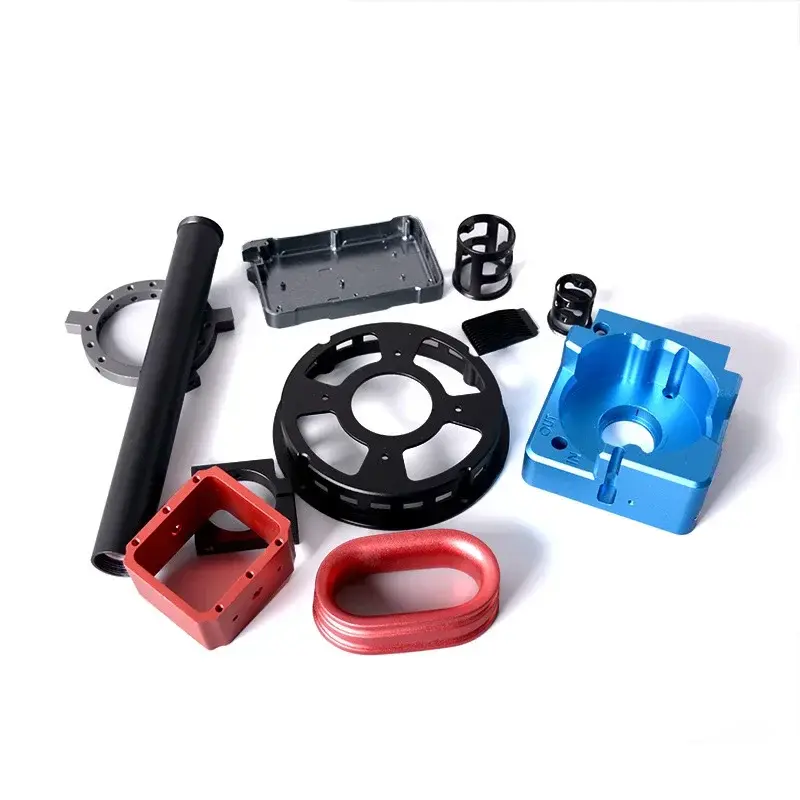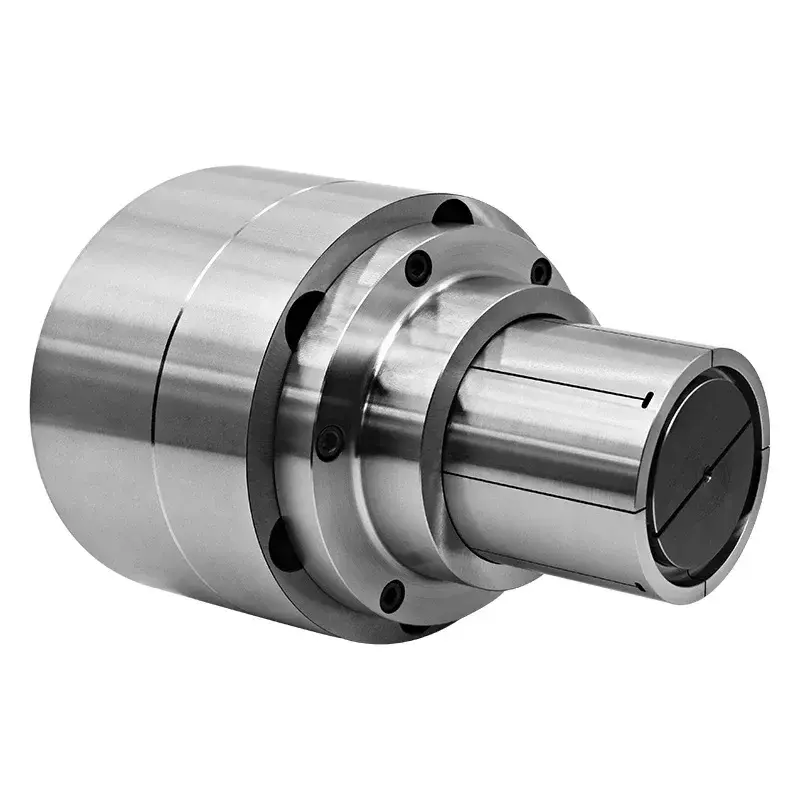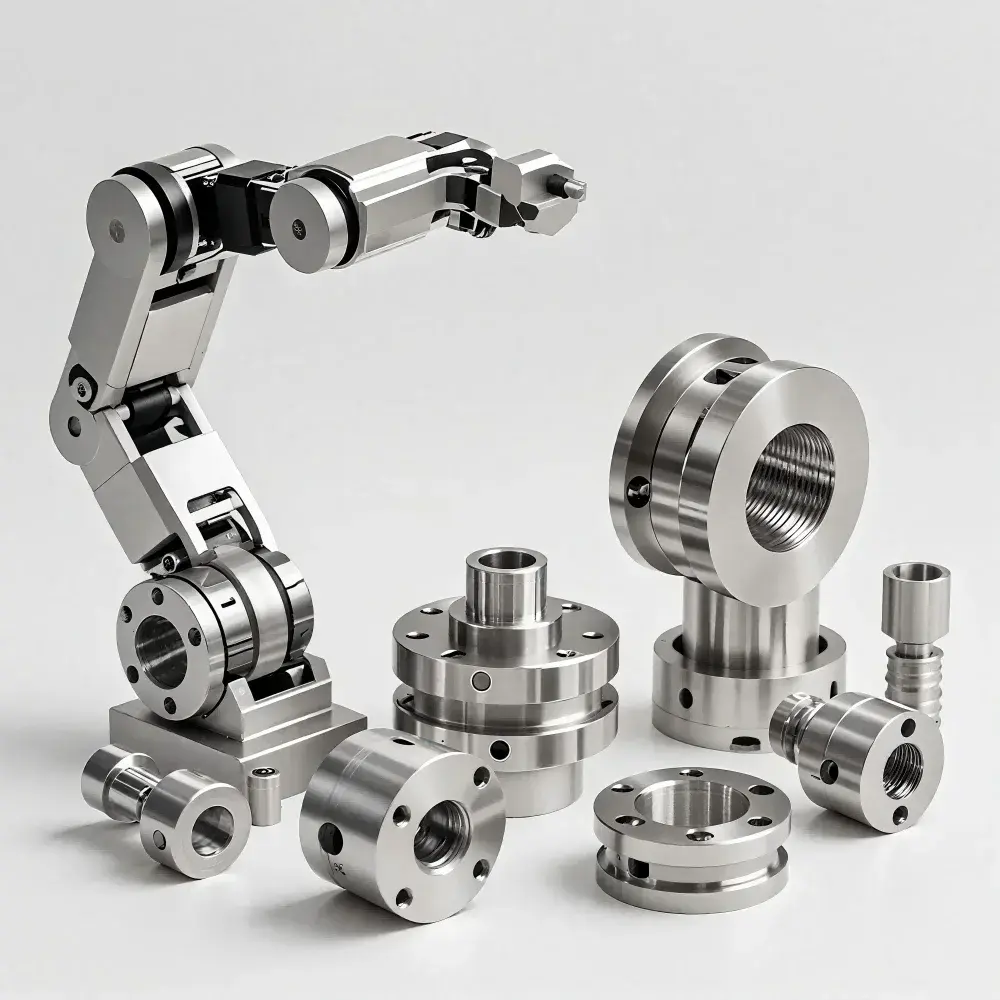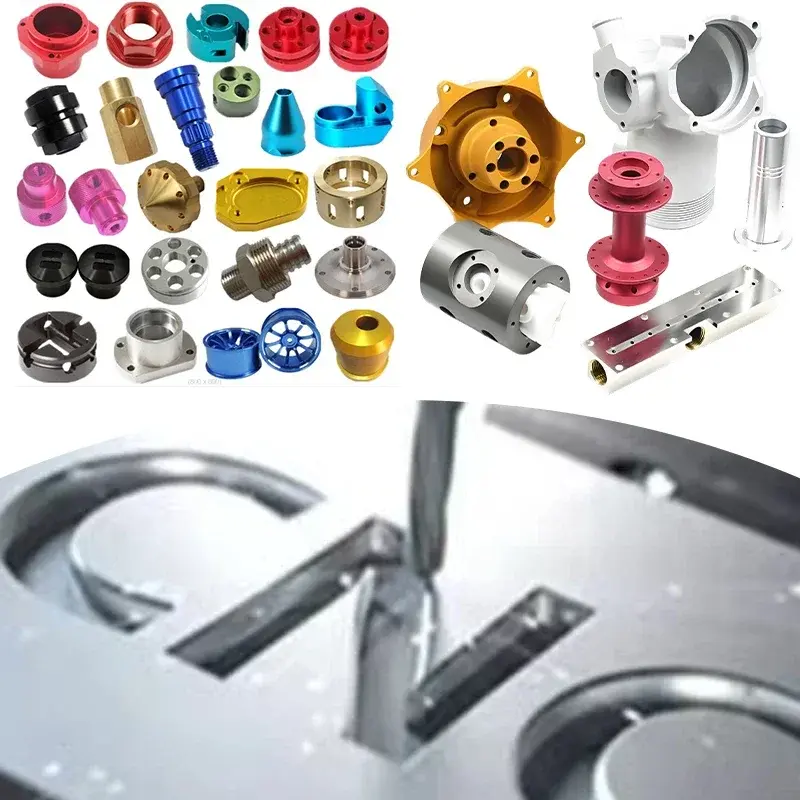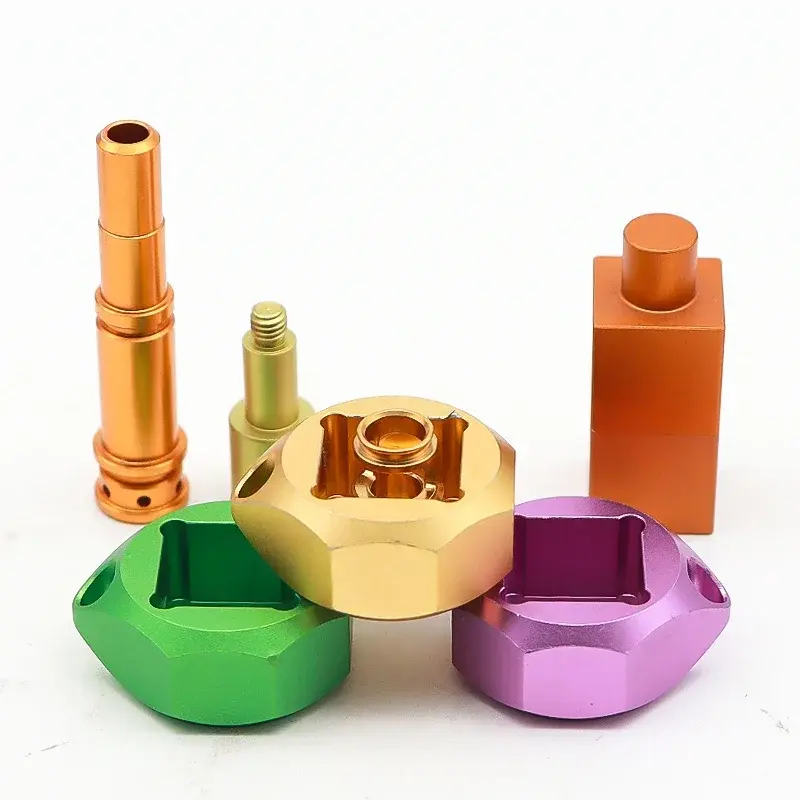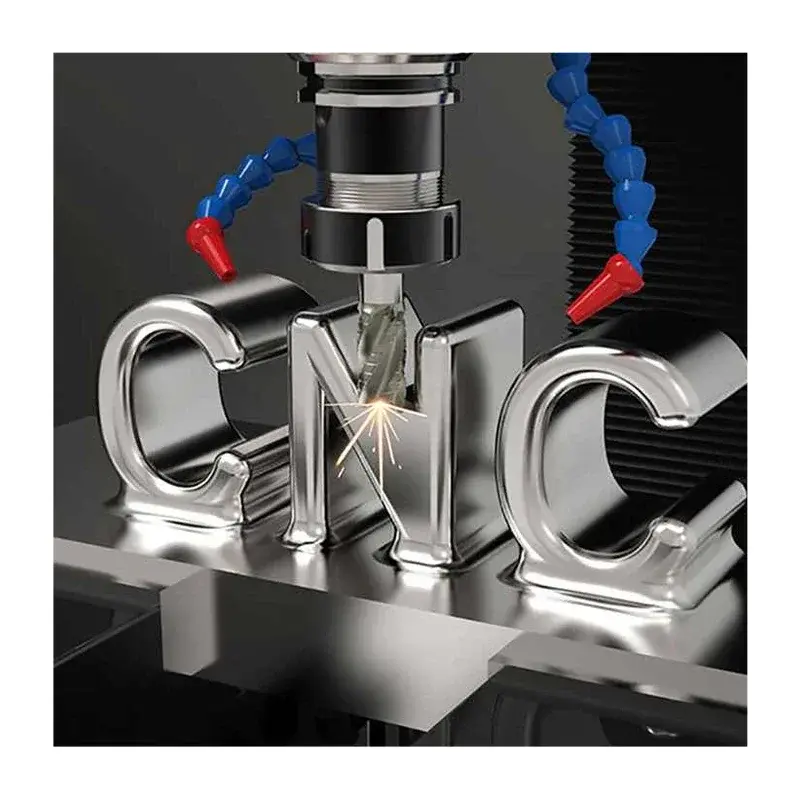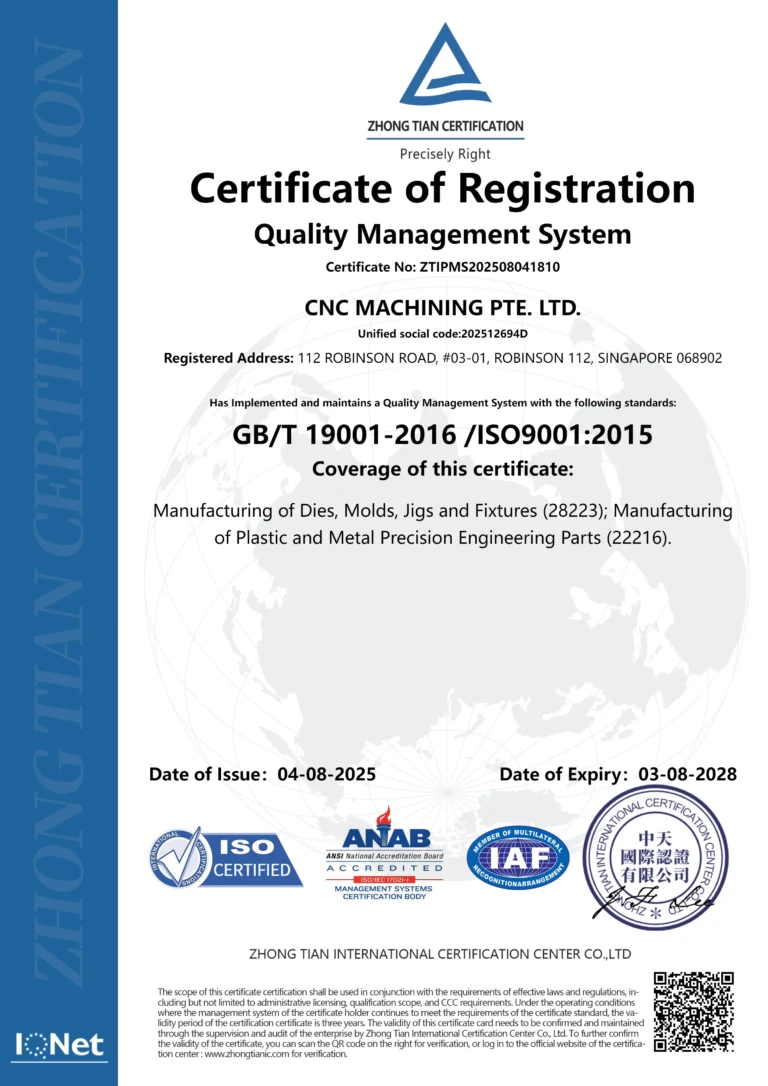Inside the Budget World of CNC Machine Tools: A Comprehensive Guide
Computer Numerical Control (CNC) machines have revolutionized manufacturing, enabling complex designs and unparalleled precision. But the impression of CNC machine tools as expensive, inaccessible behemoths persists. The good news is that this is no longer entirely true. While industrial-grade machines are still a significant investment, there are now many options for hobbyists, small businesses, and educators to incorporate CNC technology into their workflows without breaking the bank.
This guide aims to demystify affordable CNC machines, exploring the types available, key considerations when buying and tips for maximizing your investment. We’ll take a closer look at the compromises you might make, the benefits you’ll receive, and the hidden costs you can expect.
Understanding the CNC Landscape: Different Types for Different Needs
Before delving into a specific model, it’s important to understand the different types of CNC machines available and which ones will best suit your needs.
- CNC milling machine: These are probably the most accessible and versatile entry points into affordable CNC machines. CNC mills are commonly used to cut and engrave wood, plastic, foam, and even soft metals like aluminum, with a wide range of applications. They come in a variety of sizes, from benchtop models suitable for small projects to larger, sturdier machines capable of handling larger workpieces.
- CNC milling machine: CNC milling machines are designed for more precise and demanding material removal. While budget-friendly options exist, they are generally more expensive than routers. They are ideal for machining metals, harder plastics and achieving tighter tolerances. Look for a smaller bench grinder or a modified hand grinder as potential cost-effective solutions.
- CNC lathe: Lathes are used for turning operations to form cylindrical shapes. Affordable CNC lathes are less common, but can be found, and are usually designed for smaller workpieces and simpler operations.
- Laser cutting machine/engraving machine: Although technically not "CNC system" Laser cutters are often lumped into the same category in the traditional sense (because they don’t typically use rotary cutting tools). They use laser beams to cut, engrave or mark materials such as wood, acrylics, fabrics and some metals. Their relative affordability and ease of use make them an attractive option for many hobbyists and small businesses.
- CNC plasma cutting machine: Plasma cutting uses a jet of hot plasma to cut conductive materials such as steel, aluminum and copper. These are typically used in manufacturing settings where sheet metal is cut.
Key considerations when choosing a budget CNC machine
Choosing the right CNC machine for your budget requires careful consideration of several factors:
-
Material Compatibility: What materials are you planning to use? This is a basic question that will significantly narrow down your options. CNC mills designed for wood are not suitable for processing steel.
-
Work space and dimensions: Consider available space in a workshop or garage. Measure the machine’s footprint to make sure you have enough space to maneuver and operate it safely. Also, consider the maximum size of the artifact you plan to create.
-
Accuracy and Precision: What level of accuracy and precision do you need? Budget CNC machines often make compromises in this area. Evaluate the machine’s specifications, read reviews, and understand potential limitations.
-
Software and controls: The software used to control CNC machine tools is just as important as the hardware. Make sure the software is user-friendly, compatible with your design software (CAD/CAM), and provides the necessary functionality for your project. Look for open source options like LinuxCNC or Mach3 for greater flexibility and community support.
-
Assembly and setup: Some economical CNC machines are available in kit form and require assembly. While this saves money, it also requires time, patience, and mechanical skills. Be honest about your abilities and choose a machine that you can easily build.
-
Support and community: A strong support network and active online community can be invaluable when you run into problems or need help. Look for machines with ready-made documentation, tutorials, and forums where users can share their experiences.
-
Spindle/laser power: This determines the speed and depth of the cut. For harder materials or faster processing times, you need a more powerful spindle or laser.
-
Rigidity and Stability: A strong frame and stable construction are essential for precise and consistent cutting. Look for a machine with a sturdy base and minimal vibration.
- Drive system: The type of drive system (e.g. stepper motor, servo motor, lead screw, ball screw) affects the accuracy, speed and smoothness of the machine’s motion. Ball screws are generally more precise and durable than lead screws.
Hidden costs to consider
The initial purchase price is only part of the equation. Be sure to consider these potential hidden costs:
- Software license fee: While some software is free or open source, others require a paid license.
- Cutting tools: End mills, engraving bits, and other cutting tools wear out and need to be replaced.
- Workpiece clamping: Clamps, vises, and other workpiece fixtures are critical for securing materials to machines.
- Extraction system: If you are working with materials that produce dust or fumes, you will need a dust collector or extraction system.
- spare parts: It is wise to keep a supply of commonly used spare parts such as belts, bearings and limit switches.
- train: If you are new to CNC machining, consider investing in training or an online course.
Maximize your investment: tips for success
- Start small and simple: Don’t try to tackle complex projects right away. Start with simpler designs and gradually increase complexity as you gain experience.
- Master the software: Take the time to learn CAD/CAM software for designing and generating tool paths.
- Use the right tools: Choose the right cutting tool for the material you are working with.
- Maintain your machine: Clean and lubricate your CNC machine regularly to ensure optimal performance and longevity.
- Join the online community: Connect with other CNC enthusiasts online to share knowledge, ask questions, and get support.
- Consider renovation options: Refurbished CNC machines can offer significant cost savings, but be sure to purchase from a reputable supplier.
Gretel: Your precision CNC machining partner
While exploring budget-friendly CNC machine ownership is a great starting point for many, keep in mind that achieving truly complex and precise results often requires the expertise and advanced equipment of a professional CNC machining service.
Honglaite is a professional five-axis CNC machining manufacturer with advanced five-axis CNC machining equipment and production technology. We specialize in solving metal part manufacturing problems and provide comprehensive one-stop post-processing and finishing services. We can quickly customize and machine most materials, ensuring high-quality results and precise tolerances. For customized precision machining, Honglaite five-axis CNC machining is the first choice. Customize your precision parts now at the best prices! Whether you are looking for rapid prototyping or volume production, GreatLight can provide the services your project requires.
in conclusion
Investing in an affordable CNC machine can open up a world of creative possibilities and provide valuable manufacturing capabilities. By carefully considering your needs, researching your options, and understanding potential limitations, you can find a machine that fits your budget and helps you achieve your goals. However, when your project requires the highest level of precision, complexity, and materials expertise, partnering with a professional CNC machining service like GreatLight can provide a reliable and cost-effective solution. So explore the world of affordable CNC, learn the ropes, and don’t hesitate to harness the power of professional machining when your project calls for it.
Frequently Asked Questions (FAQ)
Q: What is the difference between a CNC milling machine and a CNC milling machine?
A: CNC mills are typically used to cut softer materials like wood, plastic, and foam, while CNC mills are designed to machine harder materials like metal. Milling machines generally have sturdier construction and greater accuracy.
Q: Can I machine aluminum on an economical CNC mill?
A: Yes, you can machine aluminum on some inexpensive CNC mills, but it requires careful technique, proper tooling, and slower speeds. Choose a router with sufficient rigidity and power.
Q: What software is needed for CNC machine tools?
A: You will need CAD (computer-aided design) software to create the design, CAM (computer-aided manufacturing) software to generate tool paths, and control software to operate the CNC machine. Popular options include Fusion 360, Easel, and Mach3.
Q: How much does a budget CNC machine cost?
A: Budget CNC machines range in price from a few hundred dollars for a small desktop machine to a few thousand dollars for a larger, more powerful machine. Price depends on size, features and material compatibility.
Q: Is it difficult to learn CNC machining?
A: CNC machining can be difficult to learn at first, but there are many resources available, including online tutorials, courses, and communities. Start with simple projects and gradually increase complexity as you gain experience.
Q: What is "Five-axis CNC machining" What does it mean?
A: Five-axis CNC machining allows you to move the cutting tool in five different axes simultaneously. This enables complex geometries and shapes to be manufactured with extremely high precision, which are typically difficult to achieve with three-axis machining.
Q: When should I choose Ferrite five-axis CNC machining for my project?
A: You should choose FeiLite five-axis CNC machining when your project requires:
- High precision and tight tolerances: Our advanced equipment ensures accurate results.
- Complex geometries and complex designs: Five-axis machining can create parts with complex shapes.
- High-quality surface finish: We offer post-processing and finishing services to meet your aesthetic requirements.
- Wide range of materials: We can quickly customize and process most materials at competitive prices.
Q: How to get precision parts at the best price at GreatLight?
A: If you have requirements for complex parts with tight tolerances, then design and materials will be the most important parameters. You can interact with Ferrite engineers during the design process, and Ferrite can provide material recommendations to meet design features.
